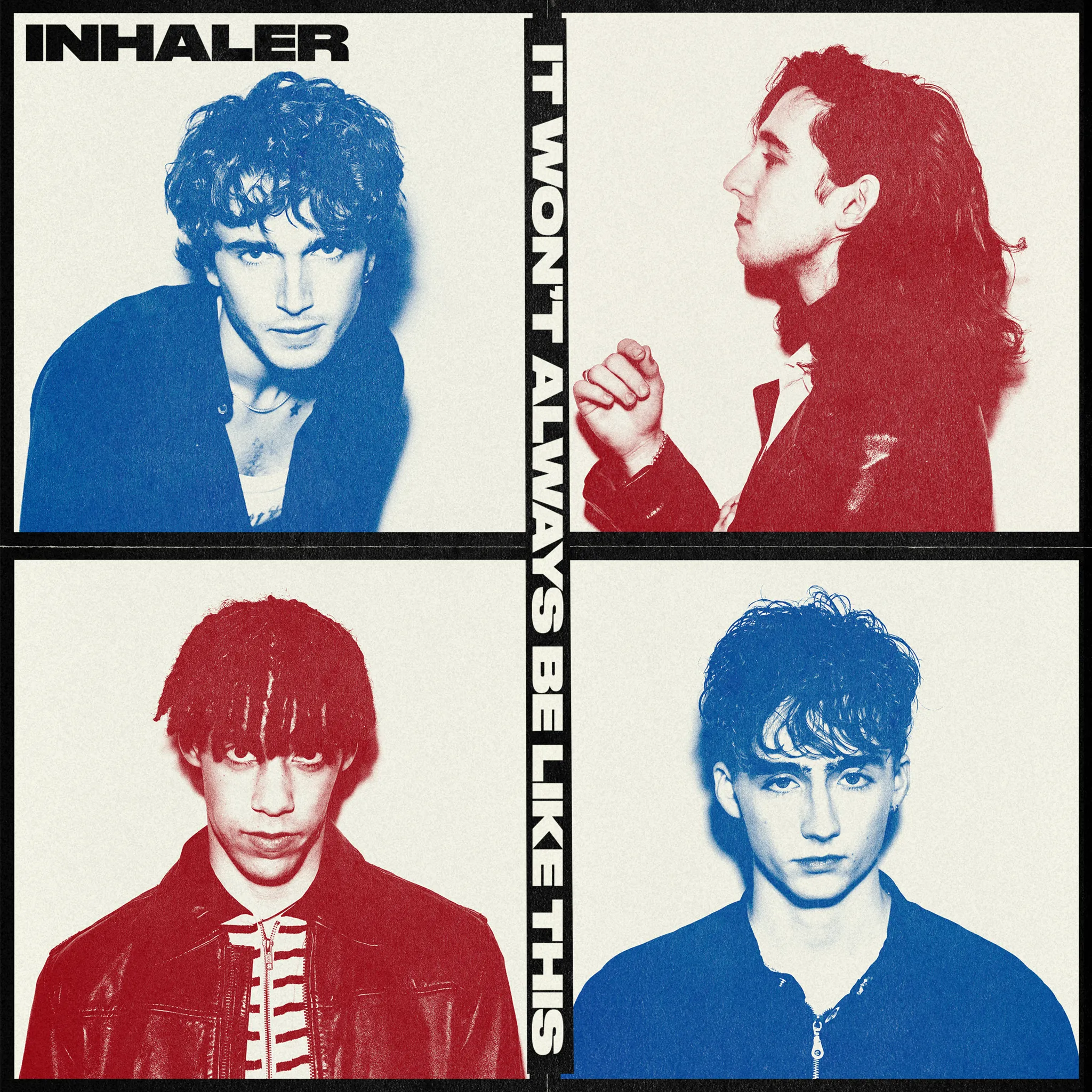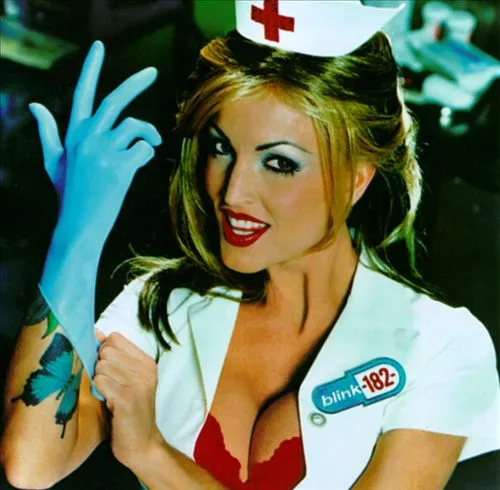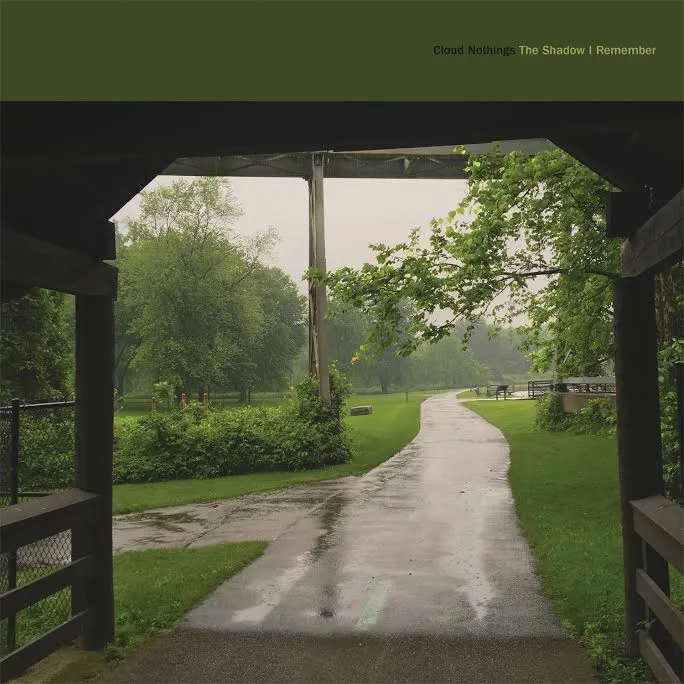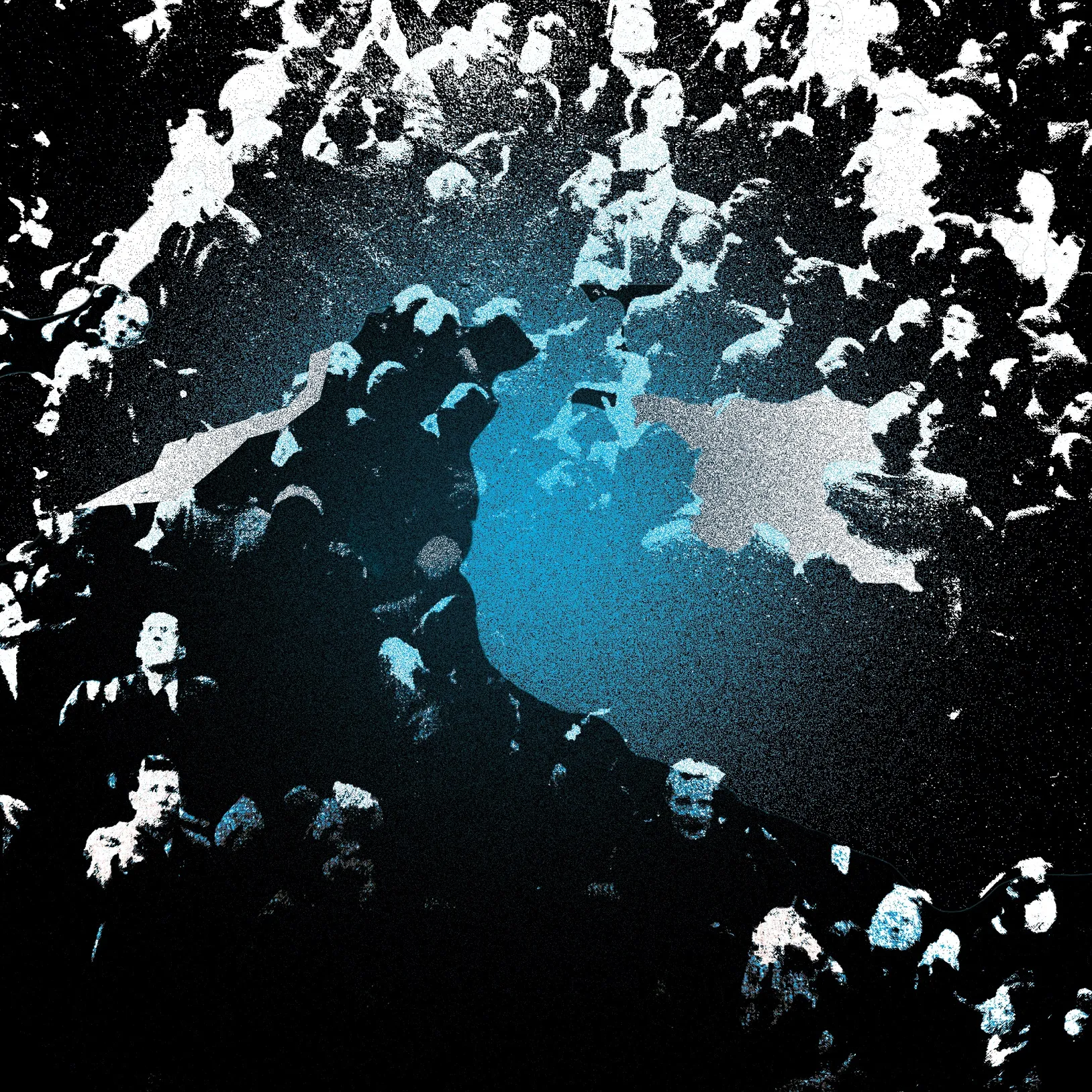
Interview Rolo Tomassi: “The lyrics are very bleak - some of them are incredibly personal”
James Spence tells the story behind Rolo Tomassi’s new album, ‘Grievances’.
“On the last record, we probably talked a better game than we actually delivered.”
Stern self-criticism, perhaps, but you could forgive Rolo Tomassi for feeling as if, sometimes, you need to look back to move forwards. The past twelve months has been as good a time as any to do so, too; they celebrated ten years together back in February, and have seen another change to the lineup, with new sticksman Tom Pitts replacing founding member Edward Dutton last year. That James Spence even suggests that the band weren’t entirely happy with 2012’s ‘Astraea’ speaks to how relentlessly they pursue progression; the record was lavished with praise by the critics primarily because it continued, like ‘Cosmology’ and ‘Hysterics’ before it, to break new ground for the band. Dissatisfaction, it seems, is indeed a symptom of ambition.
Ambition, in turn, is what has driven the Sheffield five-piece to produce a record that stakes a hefty claim to the title of their finest yet. ‘Grievances’ keeps the erratic hardcore that the band have made their calling card at its core whilst continuing to expand on it in genuinely new ways with a real bullishness; there’s experimentation with the guitars (‘Unseen and Unknown’ is an interlude that borders on bluesy) and a broadening of the instrumental palette, with piano sprinkled alongside vocals that swing between melodic and merciless as necessary. Most impressively, a first-ever foray into string works caps off the theatricality of an album that is scored through with drama; that, and the carefully considered manner in which it flows, easily make ‘Grievances’ the most atmospheric record in the Rolo Tomassi catalogue.
‘Grievances’ sounds like far and away the darkest record you’ve made to date. Is that fair?
I’d agree with that entirely. It was really just the way it seemed to come out naturally, once we started writing. We sat down to decide which way we wanted to go with this record, and once we got into the early stages of throwing things around, we were coming up with these darker ideas pretty much immediately. We definitely wanted to make something that was a little bit more emotionally engaging than in the past, because I think on our past records, there’s maybe been a little bit of a feeling that some of the technical stuff we’ve done on them has maybe come across as being for show, rather than designed to have a meaningful impact. I know I channeled a lot of what I was listening to at the time into this album; whenever I get into something, I really get into it, and turn up to every writing session going, “OK, this is what I want us to sound like now.”
Were some of those influences coming from outside the hardcore scene you’re a part of?
Very much so, yeah. I was listening to Grouper quite a lot, and Nils Frahm too, and obviously stuff like that is a world away from what you’d associate with us. There was still plenty of heavier stuff I was into, though; an American artist called Planning for Burial, and another band called Wreck and Reference. It was bands like those guys that were inspiring me to write again; it wasn’t like I wanted to rip on them or base our sound directly on that, but more the way they made me feel. A lot of that stuff had an atmosphere I found compelling, and I wanted to try and affect people who listen to us in a similar way.
How much does the title of the record actually tie into the themes and the feel of the songs?
It’s definitely intentional. You can’t write an album that sounds like this one and give it a happy-go-lucky title with a sky blue cover, you know? Or maybe you can - maybe that’s the sort of contrast that a lot of people go for. We were just looking to form a concept around the title, and certainly the lyrics are very bleak in places - some of them are incredibly personal, and it felt like ‘Grievances’ was a neat way to tie that up.
Why did you go to Southampton to make the album?
Lewis Johns produced, and that’s where his studio is. We did one song with him last year, ‘Adrasteia’, and we got on really well. The facilities he’s got are fantastic, and there just wasn’t anybody else we wanted to work with but him. He’s got so much great gear down there, and because of the location of the studio and the fact that it’s residential, we could really immerse ourselves in the music down there. It’s actually just outside Southampton, in the country, so there’s very little in the way of distractions.
How did you become acquainted with him in the first place?
He’d recorded for a lot of our friends’ bands; he’s kind of starting to become the go-to guy for certain scenes within the UK, and he was the first name that came up when we thinking about who we should go to - everybody we knew had spoken really, really highly of him. We did a split 7” with an Australian band called Stockades last year, and that seemed like the perfect opportunity to test the waters, and see how well we got on. After a couple of days, we al came away thinking it was one of the best recording experiences we’d had. The decision to do the record with him was pretty much instantaneous after that.
When you made ‘Astraea’ you said that you kept having to move from place to place, and it got a little bit hectic. Do you think ‘Grievances’ benefited from having a more stable process?
Absolutely, yeah, and I think we all really needed that. Lewis is a really laid-back guy, and very patient as well, and just having a slightly more typical experience definitely fed into how cohesive the album is. It was just nice to be able to in and have a legitimate studio experience, rather than having to change locations every few days and beg, steal and borrow in terms of the space we were able to use.
It feels like this is probably as progressive an album as you’ve made so far, and a big part of that is the fact that there are strings on some of these songs. How long had you been planning to try that?
Personally, I’d wanted to do it for a while. In general, we definitely wanted to do something different, something a bit more ambitious - I don’t think Astraea was quite as forward-thinking as perhaps we thought it was at the time. With this one, I wanted to just go for it, and I had a few ideas that I thought would sound amazing with string arrangements. I had no experience with that kind of thing, and I had a stab at it, but it turned out that a friend of ours - unbeknownst to me - had a classical background; we were in the studio one day, and Tom [Pitts, drummer] just goes, “oh yeah, John’s a grade eight violin player!” So we got him in to help me tweak what I’d come up - make it playable, basically - and fine-tune a few other things where I didn’t really have the expertise to manage it myself. We’re all delighted with how it’s turned out; it really suits the record, and doesn’t sound tacked-on, which I worried about a little bit in the beginning.
Is that a challenge for the band in general now - to need to keep moving forwards, but to avoid trying new things that might sound gimmicky or contrived?
Yeah, exactly. I mean, the strings were something we considered really closely, but if they hadn’t have worked, we wouldn’t have tried to force it. We just know that we need to keep adding little flourishes here and there, because if we don’t move forwards, things are going to get stale and all of a sudden, you’re wondering why you’re still bothering if you’re just going to make the same record as last time all over again. The strings were the most stressful part of making the album, because we hadn’t really worked with session musicians before, so getting in these guys we hadn’t really met previously, putting sheet music in front of them and hoping it all worked out was obviously as scary as it was exciting. It’s about balancing, on the one hand, being unafraid to experiment with making sure that anything you do try is executed properly, and has its place.
The songs really flow in and out of each other, the record plays like one long piece - you’ve previously said you didn’t actually carve it up into tracks until late on?
Yeah, that’s right. Our plan with it was to create something that played like one continuous thing - or maybe two. We definitely had vinyl in mind when the sequencing came to pass. I think when it’s presented to people on record, the sequencing will make a lot of sense. We started out by writing three or four songs where we thought, “these are going to work at any venue, anywhere in the world, no matter where we turn up to play - so let’s base the record around them.” We sort of took those tracks and pieced together what it was that we needed to work around them to make it into this one long piece, and we added things to complement the way the album. Obviously, we’re not exactly a singles band, so everything’s always part of a bigger picture.
Have you started thinking about how you’re going to make some of the other tracks work live? The album in general feels like it’s probably going to be a lot more complicated in that respect than ‘Astraea’.
To be honest, we wrote these songs with the freedom of knowing that some of them just weren’t going to work live. We wanted to make a studio album, and we didn’t want to be geld back by the idea of not being able to recreate something live. We’d say, “Right, we’re probably not going to be able to do that, so let’s just concentrate on making it sound like we want it to on the record.” I’ve always very much wanted the recorded side of our band to stay a separate entity from the live side, anyway. I want there to be a reason for people to come and see us live that’s different from the reason that they choose to listen to our albums. That’s not to say we’d rule out trying to figure out a one-off show, where we could incorporate the strings; that’s something that’s massively exciting to us, once we’ve got enough material. We could do an all-seated show and have additional musicians - that might be amazing, but for now, we just made out peace with the fact that, you know, we can’t afford to take a string quartet out with us, and we don’t play the right types of venues to accommodate that sort of thing anyway. Yet!
Rolo Tomassi’s new album ‘Grievances’ is out now via Holy Roar.
Read More
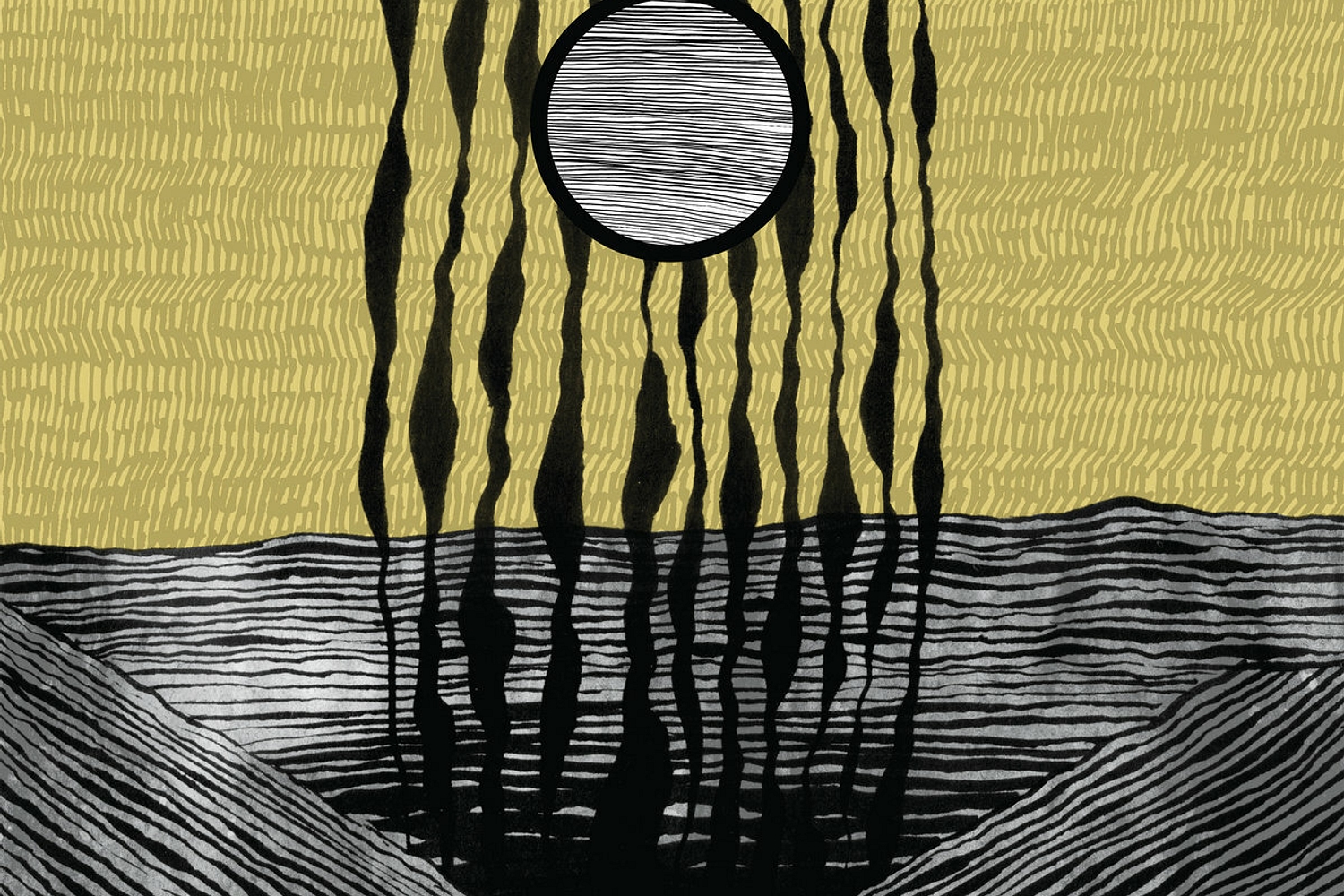
Rolo Tomassi - Where Myth Becomes Memory
4-5 Stars
Another truly original triumph.
4th February 2022, 12:00am
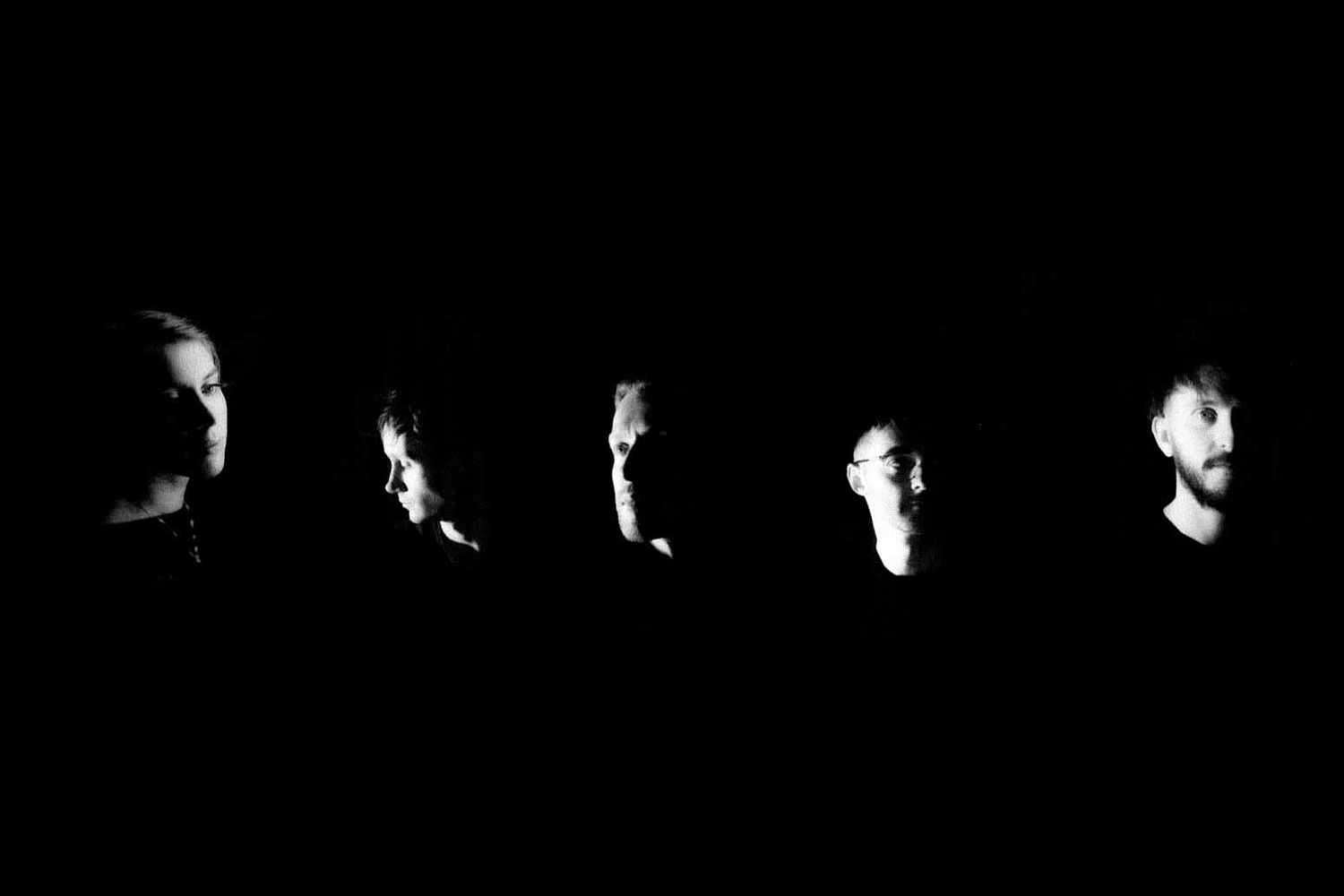
Rolo Tomassi announce new tour dates
The dates take place in February.
29th September 2021, 12:00am
LIFE, Rolo Tomassi & more join 2000trees 2019 line-up
Frank Turner has also been confirmed as a headliner for this year's fest.
4th February 2019, 12:00am
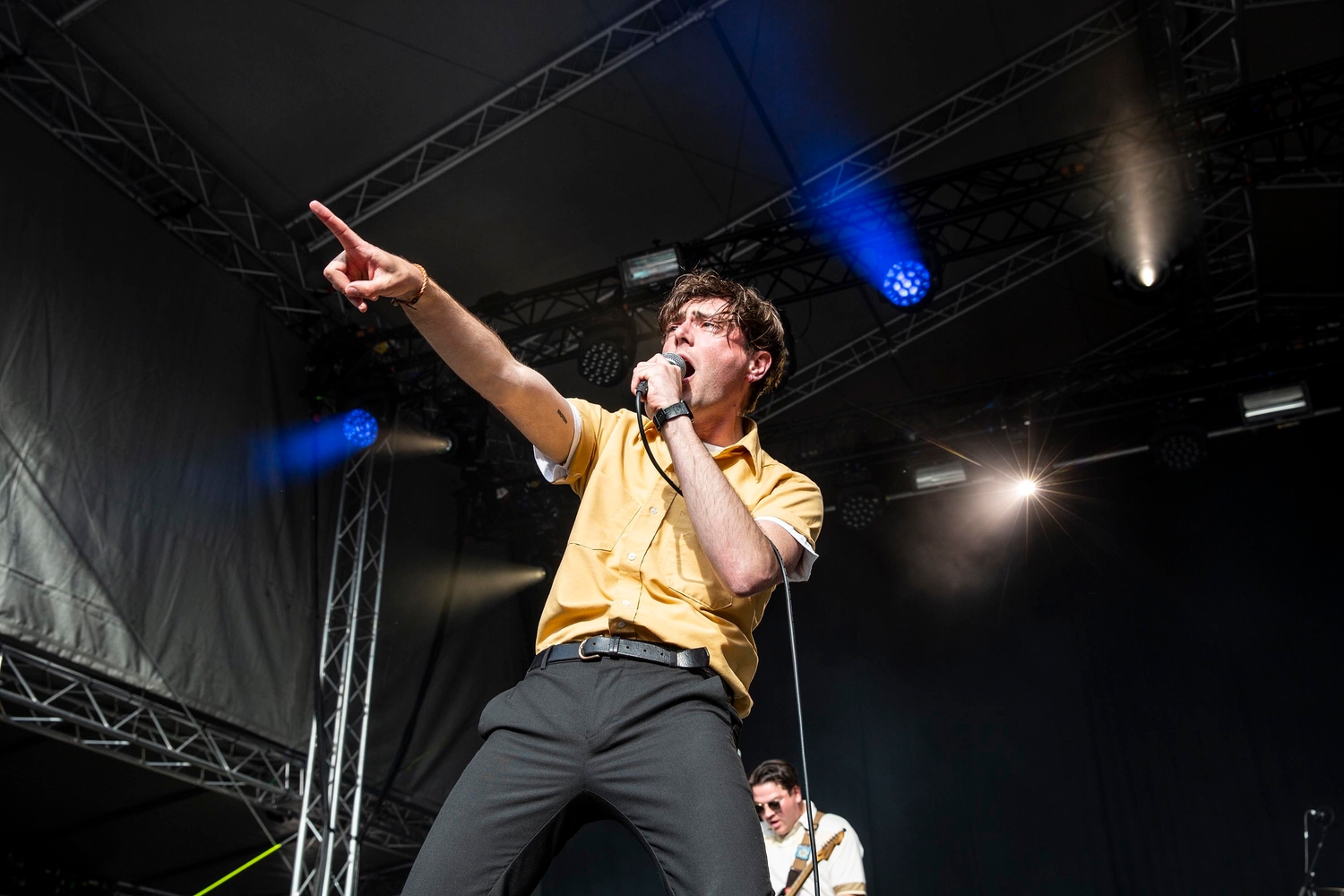
LIFE, Rolo Tomassi & more join 2000trees 2019 line-up
Frank Turner has also been confirmed as a headliner for this year's fest.
4th February 2019, 12:00am
With Bob Vylan, St Vincent, girl in red, Lizzy McAlpine and more.
